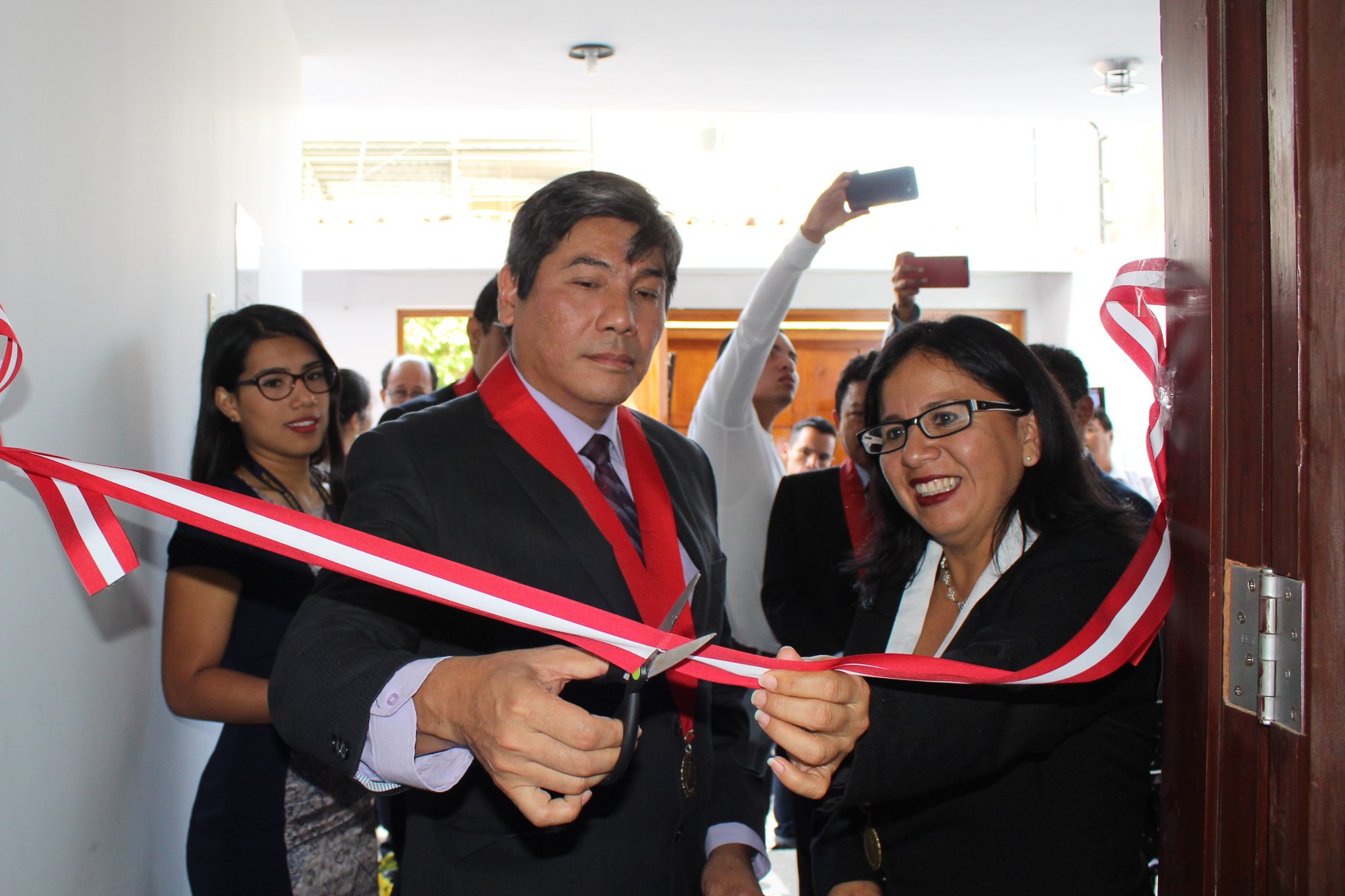International cooperation in asset recovery and non-conviction based confiscation - a briefing

The following briefing notes are taken from the concept note for a side event at the Conference of States Parties (COSP) in Abu Dhabi on 20 December 2019.
The side event focuses on "Living up to the spirit of Articles 43 and 46 UNCAC" and will take place from 9am-10am on Friday, 20 December in room CR1. For the full text, including all references and citations, download the concept note in English and Spanish.
Non-traditional confiscation typologies in asset recovery
Cases in which countries that have been the victims of large-scale corruption (“requesting countries”) have been able to use mutual legal assistance (MLA) to enforce confiscation orders in foreign jurisdictions are rare.
This is particularly true when the requesting country’s confiscation request is based on a non-traditional (non-criminal) typology of confiscation.
A common reason for states failing to recover their stolen assets from abroad is that some requested states apply a very strict interpretation of MLA principles. A wide range of legal, political and practical hurdles are often put in the way of international enforcement of domestic confiscation orders.
For instance, numerous countries apply overly narrow interpretations of dual criminality or refuse to provide assistance for non-conviction based confiscation (NCB confiscation) investigations, thereby making asset recovery virtually impossible in all too many cases.
This happens despite the fact that Article 46 of the Convention requires that “State Parties shall afford one another the widest measure of mutual legal assistance in investigations, prosecutions and judicial proceedings”. There is a need to learn from positive examples how we can fully live up to the spirit of Article 46 UNCAC while complying with domestic legal regimes.
Successful case studies
One such positive experience is the tens of millions of dollars that have been recovered by Peru from Switzerland and Luxembourg over recent years, mostly by means of non-traditional typologies of confiscation. The recoveries took place in several inter-connected cases and generated a wealth of experience in requesting and requested States.
It was clearly evidenced that asset recovery can only truly be achieved when authorities show a strong commitment towards building a foundation of trust, and additionally, when they coordinate efforts and apply their domestic legal frameworks in a way that favours asset recovery.
A shared responsibility
After all, the prosecution of financial crimes – and the recovery of the proceeds stemming from those crimes – are a shared responsibility of requesting and requested States under UNCAC. It is therefore crucial to find collective solutions to tackle common hurdles in this field.
We believe that UNCAC, as a living legal instrument, is the entry point to this complex but necessary discussion. We also believe that solutions to some of these issues are to be found in the domestic legislations of the States Parties that have incorporated the principles of the Convention.
COSP side event
To deepen the dialogue and disseminate the lessons that were learned, a side event at the Conference of States Parties 2019 in Abu Dhabi will bring together panellists who have worked on asset recovery cases in different parts of the world to discuss the main aspects of past legal strategies that have proven successful in practice.
It will also showcase a recent piece of legislation introducing a non-conviction based confiscation typology in Peru, which is currently being used in asset recovery cases between Peru, Switzerland and Luxembourg.
Notes on non-conviction based (NCB) confiscation
NCB confiscation laws have proven to be an effective means of combating crime in many jurisdictions around the globe. However, when a state’s domestic legal framework does not accept NCB confiscation as a valid basis to recover illicit assets, they will often refuse to provide MLA.
The non-acceptance of NCB confiscation is usually founded in the argument that NCB confiscation violates due process and the rule of law. In other cases, countries have refused to provide MLA because the foreign confiscation mechanisms were perceived as being “different” from their domestic one.
Conversely, the European Court of Human Rights has repeatedly confirmed the compliance of NCB confiscation models with the highest standards of human rights law, even stating that:
“[C]ommon European and even universal legal standards can be said to exist which encourage the confiscation of property linked to serious criminal offences such as corruption, money laundering, drug offences and so on, without the prior existence of a criminal conviction”.
Although full discretion has been given to States Parties to decide on the extent to which they are willing to provide MLA, the Convention emphasises that assistance should be given to “the widest measure”. The Legislative Guide to the UNCAC further specifies that “States parties should review their current mutual legal assistance treaties to ensure that these sources of legal authority are broad enough to cover each form of cooperation” in asset recovery.
The picture in EU countries is rather discouraging. The criminalisation of money laundering has not been a sufficiently effective measure to combat organised crime and to obtain criminal convictions as a basis to recover illicit assets through criminal confiscation.
As the European Commission stated in 2012: “Confiscation of criminal assets remains underdeveloped and underutilized”. They also stated that “there is significant underutilization of asset confiscation laws throughout the EU”.
However, the last word on NCB confiscation at the EU level has not been spoken yet. In 2013, a clearer mandate to EU member states to legislate on NCB confiscation reads as follows: “[take the opportunity to introduce] further common rules on the confiscation of property deriving from activities of a criminal nature, also in the absence of a conviction of a specific person […]”.
Furthermore in 2014, the EU Directive 2014/42/EU of the European Parliament and of the Council on the freezing and confiscation of the instruments and proceeds of crime in the European Union, specifically targets the need to adopt some forms of NCB confiscation making it possible for member states to confiscate assets independently from a criminal conviction.
In light of this, the discussion at the side event will focus on the following three main areas:
- What are the requirements/standards for a foreign NCB confiscation order to be executable in the requested state?
- How do those countries that provide assistance for NCB confiscation interpret the fundamental due process concepts affected therein?
- What are the limitations on asset recovery through NCB confiscation related to the due process rights of the asset holder?



